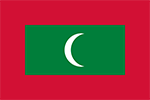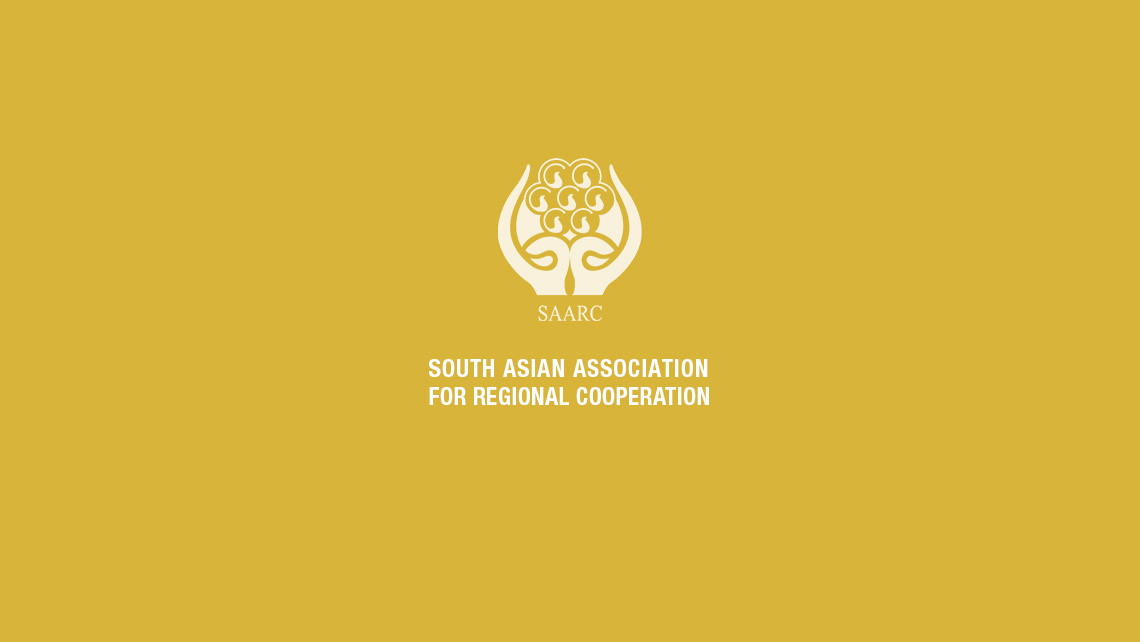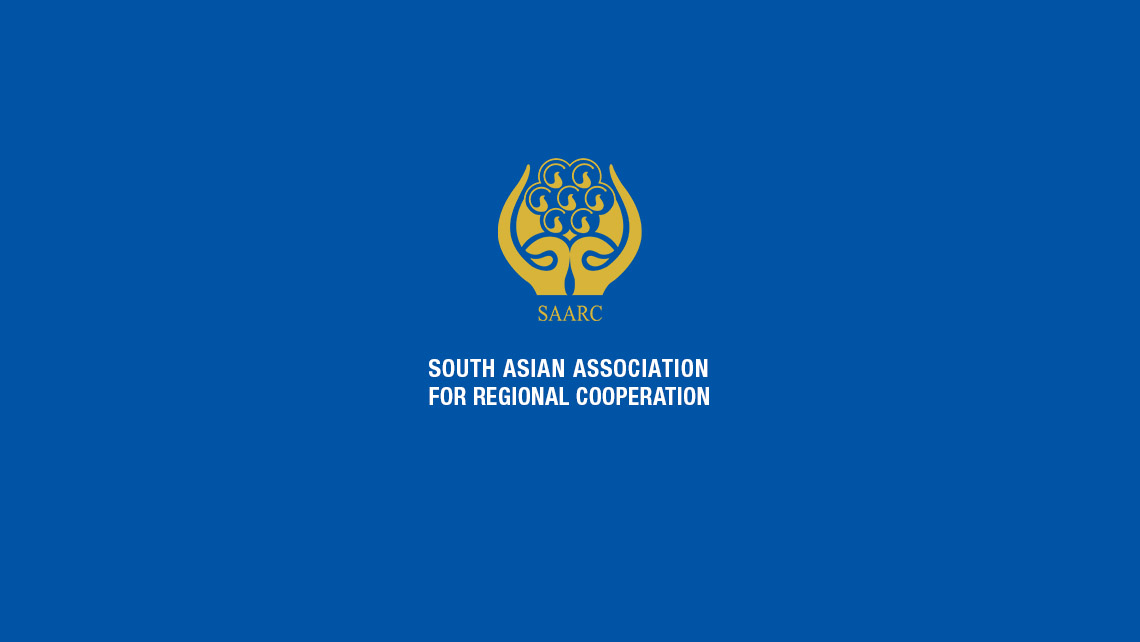The Third Meeting of SAARC Ministers on Poverty Alleviation was inaugurated by Rt. Honourable Khil Raj Regmi, Chairman of the Council of Ministers, Minister for Defence, Cooperatives and Poverty Alleviation, Government of Nepal. The inaugural ceremony was attended by Ministers and Senior Officials from all eight SAARC Member States, Ambassadors and Ministers, Vice Chairman of National Planning Commission and Senior Officials from the Government of Nepal.
The Third Meeting of SAARC Ministers on Poverty Alleviation was chaired by Hon. Vidyadhar Mallik, Minister for Federal Affairs and Local Development; and Health and Population, Government of Nepal and the Fifth Meeting of SAARC Secretaries on Poverty Alleviation was chaired by Mr. Ran Bahadur Shrestha, Secretary, Ministry of Co-operatives and Poverty Alleviation, Government of Nepal.
Some of the major outcomes of the Meeting are as follows:
· extension of the first cycle of SAARC Development Goals from 2012 till 2015, which would coincide with the completion of MDGs in 2015;
· replacing RPP, which was being published since 2003, with SDR (SAARC Development Report) from 2014 onwards to be published biennially;
· publishing the Regional Poverty Profile (RPP) 2009 – 2010 titled “Food Security Challenges for the Poor and Social Inclusion”, shortly by the SAARC Secretariat;
· proceeding further with the project of SAARC Handicraft Village (SHV): Handicraft Design, Development and Promotion Centres (HDDPCs); and
· organizing a ‘Symposium on Best Practices for Poverty Alleviation and SAARC Development Goals: Evidences on Improvements in Policy, Programme Designs and Implementation’ at the SAARC Secretariat in the coming months.
Further, the Member States felt the need to provide SAARC inputs for the post-2015 developmental agenda.
The Fourth Meeting of SAARC Ministers of Poverty Alleviation preceded by the Sixth Meeting of SAARC Secretaries on Poverty Alleviation will be held in Bhutan.











